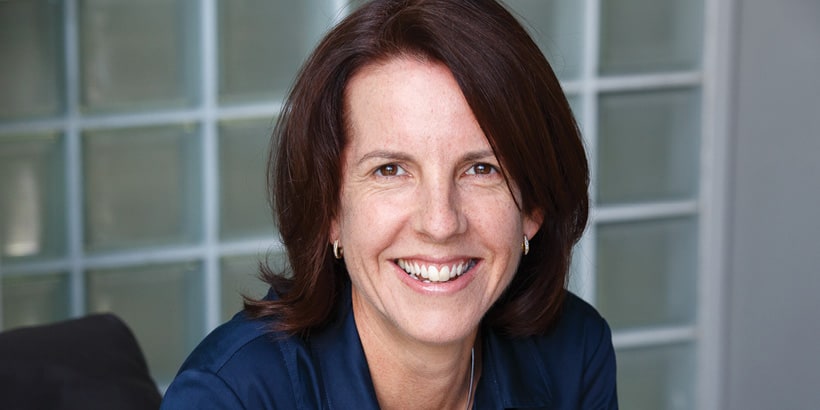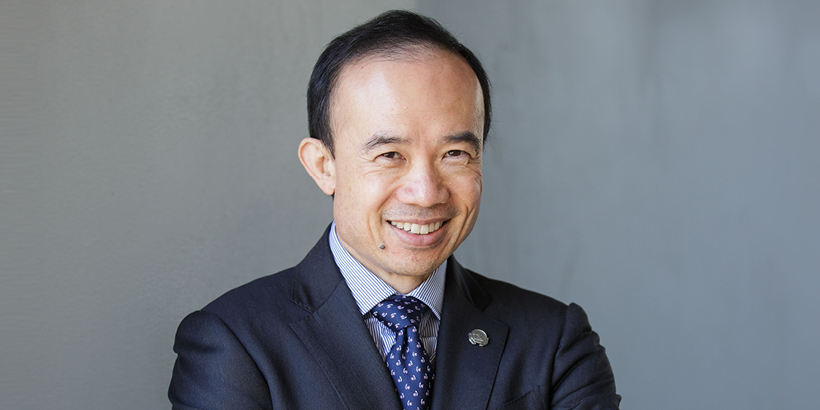Go easy on the alcohol at New Year’s
December 30, 2018
When one election is not nearly enough
January 15, 2019PRESIDENT’S WORD
A new year marks new beginnings and opportunities for change. Whether you’re an intern starting your career, or a student learning to become a leader – you have the power to positively impact the health of our communities.
Firstly – Welcome to a New Year, and welcome to our interns embarking on a new leg of the journey. There will be many memorable moments along the path, and the experiences will vary. But whatever comes your way, the association is here to be part of that journey.
Pivotal moments of transformation occur at many points in one’s life – and I’ve had the pleasure of participating in a particularly impactful secondary school-based lifestyle and obesity prevention program called SALSA (Students As Life Style Activists). This is a peer-led education program where groups of Year 10 students lead classes of Year 8 students through a lifestyle optimisation curriculum during their PDHPE classes. It was developed in partnership between one local medical association, the public health unit of the WSLHD and Rooty Hill High School. It has subsequently expanded to 24 schools across Sydney. The evaluation results show 4-9% increases in consumption of recommended levels of fruit and vegetables, a 13% increase in physical activity, and a 6% reduction in sugary beverage consumption by the end of the program.
Its strength, however, lies not just in the results of the evaluation but the cultural changes across the schools. This is a program where university students from different schools ranging from public health to medicine, are educated as trainers. These trainers then travel to secondary schools to coach cohorts of Year 10 peer leaders, who then teach groups of Year 8 students. In time, those Year 8 students have become Year 10 students, and often peer leaders in their own right. The progression has continued for over 12 years and some of these students have completed the circle of coming back to be trainers of university students and leaders in their community.
Based on the social-ecological model, the program addresses multiple influences on behavioural change at multiple levels, harnessing the power of small groups and the strength of peer influence. In the SALSA program, student peer leaders enhance their leadership skills enabling them to influence cultural change within the school environment. The impact of these changes on the broader school community cannot be underestimated. The SALSA program has demonstrated the capacity to not only influence behaviour within the school, but also on the friends and families of students.
At the end of the year, the students are encouraged to identify and develop a local intervention to improve the health of the community. Suggestions have included measures such as adopting a local skate park and improving the appearance and family friendliness of the facility, as well as improving lighting in certain parts of the city. One year, program participants identified the disrepair of the carpark outside the local shopping centre as a barrier to healthy eating. Huge potholes in the carpark’s surface were actually discouraging consumers from going to fresh food shops – especially where the fast food shops had clean and enticing carparks and exteriors. With support from their schools, and organisations such as the AMA, local councils were encouraged to remedy these defects, with each being a small step on the journey to creating an environment where it is easier to do the right thing.
Change starts with small steps and cultural change takes time. There is no end point but there is always a start. For many students at these schools, this was one of the points where they learnt they could make a difference.
To all new interns, and to all those who were once interns, the journey continues.

